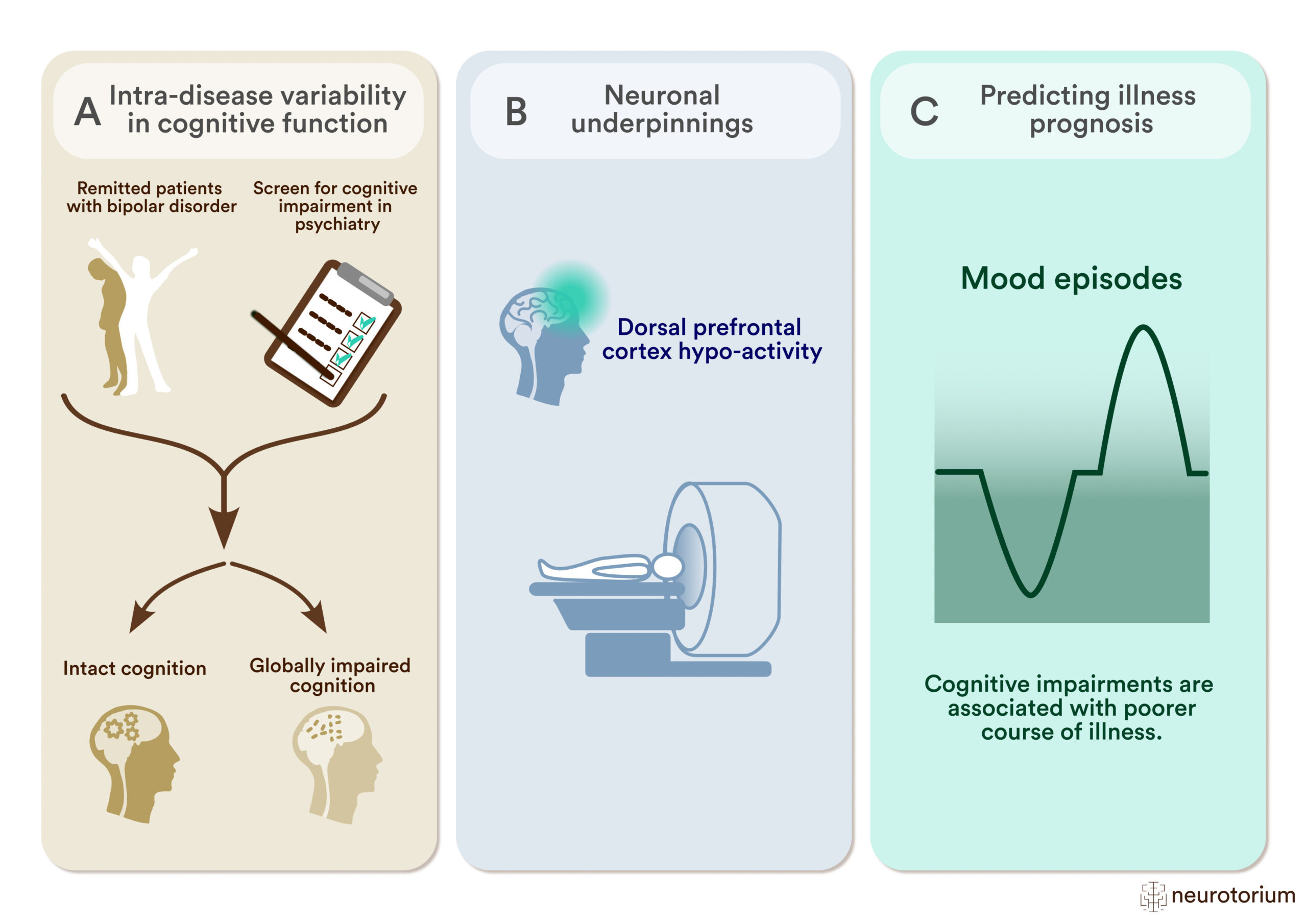Predominant polarity in bipolar disorder (BD) refers to the dominance of either depressive or manic episodes in an individual’s illness history. Depressive predominant polarity is typically defined as having at least two-thirds of lifetime episodes being depressive, whereas manic predominant polarity refers to at least two-thirds of prior episodes being (hypo)manic episodes. Studies show that predominant polarity has prognostic value and clinical and therapeutic implications. Clinical correlates of depressive predominant polarity include greater delayed diagnosis, depressive index episode, bipolar disorder type II, higher rates of suicidal acts, and shorter duration of euthymia. Clinical correlates of manic predominant polarity include earlier illness onset, manic/psychotic index episode, greater prevalence of comorbid substance abuse, and longer duration of euthymia.1,2 The polarity index classifies pharmacological treatments as those with an antimanic prophylactic effect and those with an antidepressant prophylactic effect. For further information on this topic, please go to Vieta et al. 2018.3





